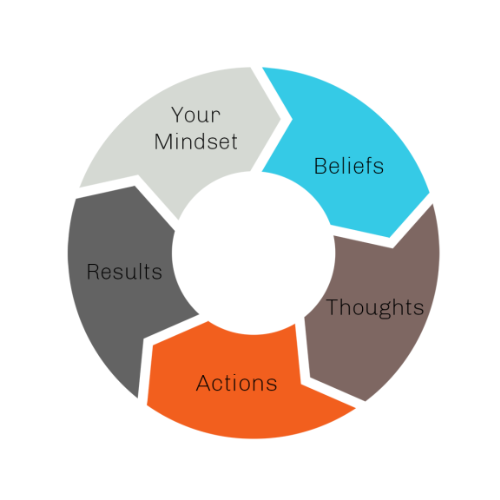The Joys and Evils of Expectations
Expectations can work for us, or against us. Expecting the best in every situation keeps us feeling motivated and passionate about our goals. Conversely, expecting immediate results from our efforts can make us feel frustrated and disappointed when it doesn’t happen.
The tricky thing about expectations is that we may not always be aware of them on a conscious level. At some point during the pursuit of our goals we suddenly we find ourselves feeling angry, resentful or weary without a clear reason why. With a little introspection, we realize we’ve been holding unrealistic expectations about our progress, or fearfully expecting the worst in every situation.
Getting clear about your expectations – and consciously balancing them – can make your journey to success simple and painless.
How do you consciously balance an expectation? By NOT letting your emotions get attached to any one outcome.
“But wait a minute,” you are probably thinking, “How can we not get attached to an outcome? Isn’t that the whole point of having goals?”
When I say, “not getting attached to a specific outcome” I am not necessarily referring to your ultimate goal, but all the smaller milestones between here and there.
For example, one stumbling block our expectations can cause is related to timing. We crave success so badly that we pin our hopes on making it happen within 6 months (or one day!). If that doesn’t happen, we get angry and feel like a failure.
If we didn’t harbor unrealistic expectations about the timing of our success, we’d still be happily working on our goals. Instead, we sabotage ourselves by expecting too much, too soon.
See the difference? By consciously not getting attached to specific outcomes, you will be able to work consistently and steadily toward a goal, and make the journey much smoother!
This state of detachment can also be beneficial to your ultimate goal. Though you may have an idea of where you want to end up, would you be devastated if you ended up with a different (but equally good – or better) result? Chances are you would still feel an immense amount of satisfaction about your accomplishments.
It takes practice to feel comfortable balancing your expectations, but it gets easier as you go along. Eventually it will be second nature for you to remain optimistic yet realistic – which keeps you focused and motivated!
Here’s how to start: with every goal you set, with every action step you take, every challenge you face, ask yourself, “What are my expectations for the outcome of this situation?”
If your expectations seem extreme in either direction (too optimistic or too pessimistic) – or too rigid altogether – adjust them accordingly. Only you can say for sure what is considered optimistic or pessimistic for YOU. It depends on your experience, determination, focus, and the magnitude of your goals. Something that would be extremely difficult for me might be a piece of cake for you. Consider your own abilities, set reasonable goals, and strive to challenge yourself – but not to the point where it seems like an exercise in futility and frustration!

